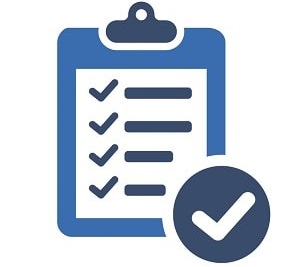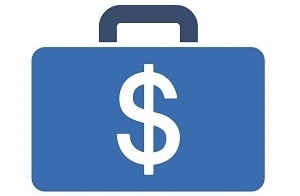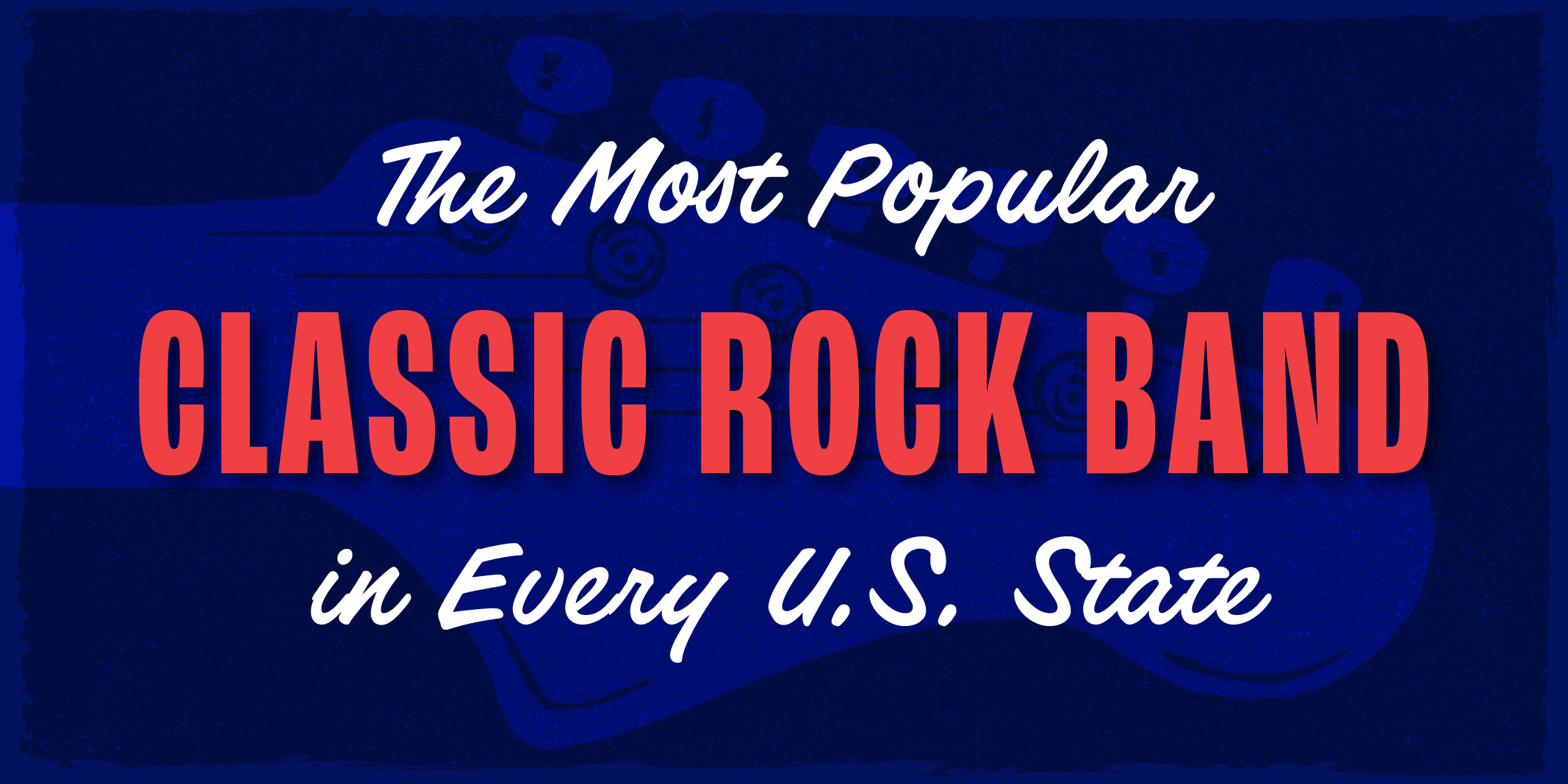Understanding a Life Settlements Policy
June 13, 2023

When it comes to getting rid of your life insurance, most policyowners think their only options are to surrender or lapse their policy. However, there’s another little-known option that’s more lucrative and beneficial for policyowners: selling their policy in a life settlement.
Even though the life settlement market has been around for decades, it can be confusing to navigate if you’ve never heard of it before. This guide can help you learn more about why you may want to sell your life insurance policy to a life settlement provider, who could qualify for a settlement, and how they work. Once you have a solid understanding of the life settlement process, you can make an informed decision about whether selling your life insurance policy could be a wise decision for you!
What Is a Life Settlement?
A life settlement is the sale of a life insurance policy to a third party. The policyowner of a life insurance policy can decide that they no longer want the policy for any number of reasons and sell it to someone else — typically a licensed life settlement provider experienced in this kind of transaction.
Believe it or not, life settlements have been around since 1911! In the decade since the first life insurance policy was sold, there have been more regulations and rules put in place to protect policyowners and buyers in this kind of transaction. Read on to learn more about how life settlements work and who may qualify for this kind of transaction!
How Do Life Settlements Work?
When a policyowner no longer wants their life insurance policy — but doesn’t want to surrender or lapse the policy — they can work with a life settlement provider to see if they qualify for a life settlement. If they do qualify, the life settlement provider will make an offer to buy the policy. If the policyowner accepts the offer, then the life settlement company will buy the policy and assume responsibility for the remaining premiums to keep the life insurance policy in force. Then, when the policy owner passes away, the life settlement provider will collect the death benefit instead of the policy’s original beneficiaries.
Who Qualifies for a Life Settlement?
There are many factors that go into who may qualify for a life settlement. People who typically qualify have all of the following traits:
- They are 65 years or older. People who are younger may qualify depending on their health situation.
- They own a life insurance policy that’s worth at least $100,000. Most life settlement providers will buy all types of life insurance, including term, universal, whole, group, variable, and survivorship life insurance policies.
What Is the Life Settlement Process?
Selling your life insurance policy for a cash payout takes some effort and know-how, but alongside the right life settlement provider you can get through the process pain-free! Here’s how the life settlement process works:
 Find Out If You Qualify. Before selling your policy, it’s important to work with a life settlement provider to find out if you qualify. Walk through a preliminary questionnaire to see if a life settlement may be a viable option for you.
Find Out If You Qualify. Before selling your policy, it’s important to work with a life settlement provider to find out if you qualify. Walk through a preliminary questionnaire to see if a life settlement may be a viable option for you.
 Provide Health Documents. Qualifying for a life settlement is contingent on your current health status. To get an acccurate statement of health, you’ll need to authorize the life settlement provider to collect necessary medical documents on your behalf to determine the life settlement offer.
Provide Health Documents. Qualifying for a life settlement is contingent on your current health status. To get an acccurate statement of health, you’ll need to authorize the life settlement provider to collect necessary medical documents on your behalf to determine the life settlement offer.
 Receive An Offer. The life settlement provider will evaluate your health and policy structure to determine a fair value to offer to you. After the life settlement provider shares an offer with you, you can accept or deny the offer.
Receive An Offer. The life settlement provider will evaluate your health and policy structure to determine a fair value to offer to you. After the life settlement provider shares an offer with you, you can accept or deny the offer.
 Transfer Ownership. If you decide to accept the offer and move forward, the life settlement provider will work with your life insurance company to transfer ownership of the policy from you to them.
Transfer Ownership. If you decide to accept the offer and move forward, the life settlement provider will work with your life insurance company to transfer ownership of the policy from you to them.
 Receive Your Payment. When all the t’s are crossed and the i’s dotted on the transfer paperwork, you’ll receive your life settlement funds from the life settlement provider and the provider will assume responsibility for any premiums moving forward. Upon your passing, the life settlement provider will receive the death benefit of the policy.
Receive Your Payment. When all the t’s are crossed and the i’s dotted on the transfer paperwork, you’ll receive your life settlement funds from the life settlement provider and the provider will assume responsibility for any premiums moving forward. Upon your passing, the life settlement provider will receive the death benefit of the policy.
Ready to get started? Contact us to see if you qualify!
Reasons Why People Choose to Sell Their Life Insurance Policy Through a Life Settlement
There are a number of reasons why people are searching for ways to sell their life insurance policies. One of the most popular reasons is that they no longer want or need life insurance coverage anymore. Whether their spouse passed or their beneficiaries are grown and no longer need the security a life insurance policy brings during times of unexpected loss, some policyowners find themselves overinsured and wanting to get rid of their policy altogether. Others may not be able to afford the policy premiums anymore, but still want to receive the highest possible value for their life insurance policy. So they look into selling it for a cash payout. Additional reasons include: funding retirement, paying for long-term care, paying for medical bills, and even giving the proceeds to their favorite charities.
Life Settlement Terminology
Just as the life settlement process can be confusing, so can the jargon within the life settlement industry! Here’s a list of terms you should familiarize yourself with before getting involved with a life settlement transaction:
Beneficiary
A beneficiary is the person(s) designated to receive your life insurance death benefit. Unless you partially sell your life insurance policy in a life settlement, your beneficiaries will typically not receive any death benefit upon your passing when you sell your life insurance policy to a life settlement provider. It’s important to consider your beneficiaries’ needs before going through with a life settlement transaction.
Cash Surrender Value
The cash surrender value is the amount of cash you will receive if you decide to end your whole or universal life insurance policy.
Convertible Term Life Insurance
Convertible term life insurance is a term life insurance policy that can be converted into a more permanent life insurance policy, like universal or whole life. Term life insurance policies can be sold in a life settlement as long as it is convertible.
Death Benefit
The death benefit is the amount your beneficiaries would receive from your life insurance policy upon your passing. To qualify for a life settlement, the death benefit must be at least $100,000.
Face Value
Face value is another term for death benefit. It’s the amount your beneficiaries would receive upon your death.
Illustration
An illustration is an analysis of how your life insurance policy’s cash value changes over time. An illustration can help a life settlement provider determine how much they can offer for a life insurance policy.
In-Force
If a policy is “in-force” it means it is currently active. An in-force life insurance policy has all of its premiums paid and provides coverage for the insured. If a policyowner does not pay premiums on the life insurance policy, the policy will no longer be in force and coverage will end.
Lapse
Lapsing a policy means giving it up by not paying the premiums any longer. When a policy lapses, coverage ends and the life insurance policy is no longer active. In order to sell a life insurance policy, it must be in force. You cannot sell a life insurance policy that has lapsed.
Term Life (TL) Insurance
Term life insurance is life insurance coverage that lasts for a certain period of time. People typically take out 15 or 30 year life insurance term policies. When the term ends, then so does the coverage.
Universal Life (UL) Insurance
Universal life insurance is a permanent type of life insurance. It’s more flexible than whole life insurance — allowing for an adjustable death benefit and premiums — but, similar to whole life insurance, offers an investment portion as well as insurance coverage.
Whole Life (WL) Insurance
Whole life insurance is a permanent type of life insurance that is designed to provide coverage throughout the insured’s entire life. It typically has higher premiums and includes an investment structure designed to provide you cash value to use while you’re still living.
How Sell Easy Can Help
Sell Easy can help you find out if you’re qualified for a life settlement! Our life settlement experts are here to guide you through the qualification process and connect you with licensed life settlement providers who may be interested in buying your policy. All you have to do is give us a call and be ready to answer a few questions about your health and your life insurance policy. Or you can find out if you qualify online. Find out how much your policy may be worth today!
Are you ready to sell your life insurance policy? It only takes a few minutes to find out if you qualify for a life settlement. Call us and a Sell Easy expert can qualify you over the phone. Or simply get started online today!
Frequently Asked Questions About Life Settlements
Will I Have to Pay Taxes on a Life Settlement Policy?
You may have to pay taxes on your life settlement policy — but the amount you owe may likely be less than you expect. Life settlements are taxed based on the difference between your settlement proceeds and the premiums you paid into the policy.
Why Would I Want to Sell My Life Insurance Policy?
There are many reasons why you may want to sell your life insurance policy in a life settlement: you can no longer afford the premiums on your policy, you’ve outlived your beneficiary, your children are grown and financially independent, you no longer need the proceeds for estate tax purposes due to legislative changes, or you want the cash now to pay for retirement, long-term care, or health costs. Only YOU can decide whether selling your life insurance policy for cash today is the right move.
What Can I Use the Life Settlement Money for?
You can use your life settlement proceeds for anything you’d like! There are no restrictions on what you can or cannot use the money for.
What Risks are There Associated With a Life Settlement?
When you sell your life insurance policy in a life settlement, you may not be able to get another life insurance policy. So you should only sell your policy if you’re sure you do not need life insurance in the future.
Additionally, you’ll want to work with a licensed buyer. Selling your policy to an unlicensed buyer can be a financial risk to you.
Is a Life Settlement Safe?
A life settlement with a licensed life settlement provider is a safe and valid transaction.
Can I Sell My Term Life Insurance Policy for Cash?
Yes! There are many different ways a term policy could qualify for a life settlement. Talk with the experts at Sell Easy to find out if your term policy could qualify to sell.
What Are Life Settlements Brokers?
A life settlement broker is a third-party professional that represents the policyowner in a life settlement. Their job is to collect several offers from life settlement providers for your policy and get you the highest possible payout. They typically take a cut of the life settlement proceeds. Working with a broker has its pros and cons. The broker is incentivized to get you the largest payout possible, so they can get a larger payout as well in broker fees. Some people prefer to use a broker while others prefer to cut out the middleman and work directly with a life settlement provider.
Are you ready to explore a life settlement? Find out if you qualify to sell your life insurance policy! Sell Easy will walk you through the qualification process quickly and easily. Get started today!
Follow the example below:
Do you think a life settlement is the right thing for you? If you want to move forward with selling your term life insurance, you can get started by filling out this form and see if you qualify!
Recent Post

How the Grinch Stole the ...
Ever since Dr. Seuss introduced us to the Grinch — a green, Christmas-loathing character “wh...

The Most Popular Classic ...
From The Who to The Stones, some iconic groups have been entertaining Americans well past their init...

Understanding a Life Set ...
When it comes to getting rid of your life insurance, most policyowners think their only options are ...
